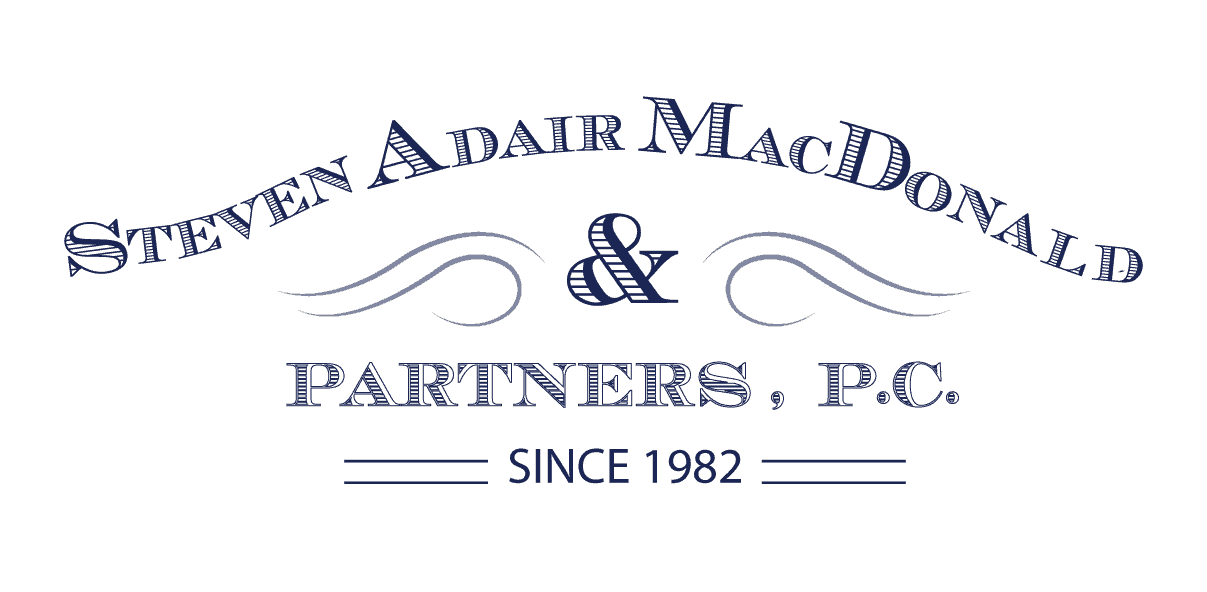
The Benefits of Having a Tenant Lawyer on Your Side…

Facing a landlord-tenant court case can be an overwhelming and challenging experience, which is why it is crucial to understand how to prepare for a landlord-tenant court case and know essential tips and resources to navigate the legal process effectively.
Whether you’re a tenant trying to protect your rights or a landlord seeking a resolution to a dispute, proper preparation is essential to presenting a solid case and achieving a favorable outcome. Our San Francisco landlord-tenant attorney can provide the knowledge and resources necessary to handle the complexities of a landlord-tenant court case.
In this article, we will explore crucial steps you can take to prepare for a court case, along with valuable resources to assist you along the way.
Collect and organize all relevant documents about your tenancy or landlord-tenant dispute. Remember that solid evidence can make or break your case in court. This may include lease agreements, notices, rent receipts, correspondence, photographs, repair requests, and other supporting evidence. Ensure you have copies of all documents and organize them chronologically to present a clear and compelling case to the judge.
A witness is someone to help back up your story because they saw or heard something important to your case. You may have a witness whose testimony can help prove your defense, but the only way you could get the detailed story out is by asking the witness questions. Writing the questions before you go to court would be helpful.
You should work with a San Francisco landlord-tenant attorney if your case is complex or you feel overwhelmed by the legal proceedings. Your lawyer can guide you through the intricacies of San Francisco’s housing laws, review your case and provide competent representation in court.
Before the trial, it is crucial to familiarize yourself with the specific ordinances relevant to your case to strengthen your legal arguments. San Francisco has robust rent control laws designed to protect tenants from unjust evictions and rent increases.
Understanding the intricacies of these laws is essential for landlords and tenants involved in a court case. It would be wise to consult with a San Francisco landlord-tenant lawyer to know more about the rent control regulations, allowable rent increases, just causes for eviction, and tenant protections.
In San Francisco, tenants and landlords are often required to participate in mediation or settlement conferences before a court case proceeds. These alternative dispute resolution processes enable us to resolve conflicts outside of court.
It is highly advisable to actively engage in these sessions and consider negotiating a fair settlement that meets your needs. If an agreement is reached, it can save you time, money, and the stress of a court trial.
After you have filed your complaint with the court, you will usually receive a notice in the mail informing you of the date your case is scheduled in court. It will usually include the time you must arrive, the general court address, and the specific room number or location where your case will be heard.
The landlord and the tenant must come to court at the time and date stated on the complaint unless otherwise notified by the court. Bring all evidence and witnesses needed to present your case. The landlord and tenant will be able to raise their cases. In addition, it is also critical to dress appropriately for the trial and be ready to speak professionally with everyone in the courtroom.
When the tenant files the complaint, the court will assign a date for a hearing or trial with the judge. The date, place, and time of the trial will be noted in the summons, which will be served with the complaint on the landlord. The hearing or trial is both parties’ opportunity to present their cases to the judge, plus any supporting evidence.
The judge will examine the evidence and rule in favor of either the landlord or the tenant. If the judge rules in favor of the tenant, the case will be dismissed. If the judge rules in favor of the landlord, the landlord will be granted a judgment for possession. Once you’ve received the court’s decision, you can accept it or appeal it.
Facing a landlord-tenant court case in California can be a daunting experience, filled with legal complexities and high stakes. Whether you’re a tenant seeking to assert your rights or a landlord looking to resolve a dispute, thorough preparation is crucial for a successful outcome. Understanding how to prepare for a landlord-tenant court case and essential tips and resources specific to San Francisco can significantly enhance your chances of presenting a compelling case.
Preparing for a landlord-tenant court case requires a solid understanding of local laws, efficient documentation, access to resources, and legal representation. While it may be tempting to handle the case on your own, the guidance of our San Francisco landlord-tenant attorney at Steven Adair MacDonald & Partners, P.C. can make a significant difference in the outcome of your case. With thorough preparation, you can navigate the complexities of a landlord-tenant court case confidently and ensure your voice is heard in the legal process.
If you are involved in a landlord-tenant court case, don’t underestimate the importance of preparation. Call our landlord-tenant law firm today to schedule an initial consultation and learn more about how we can help you protect your rights and enhance your chances of success. Start preparing today, and ensure that your voice is heard.
There are two sides to every story —
let yours be heard.
Steven Adair MacDonald & Partners, PC
870 Market Street
Suite 500
San Francisco, California 94102
United States
(415) 956-8698
Copyright © 2024 Steven Adair MacDonald & Partners, PC - All Rights Reserved. | Powered by Advantage Attorney Marketing & Cloud Solutions